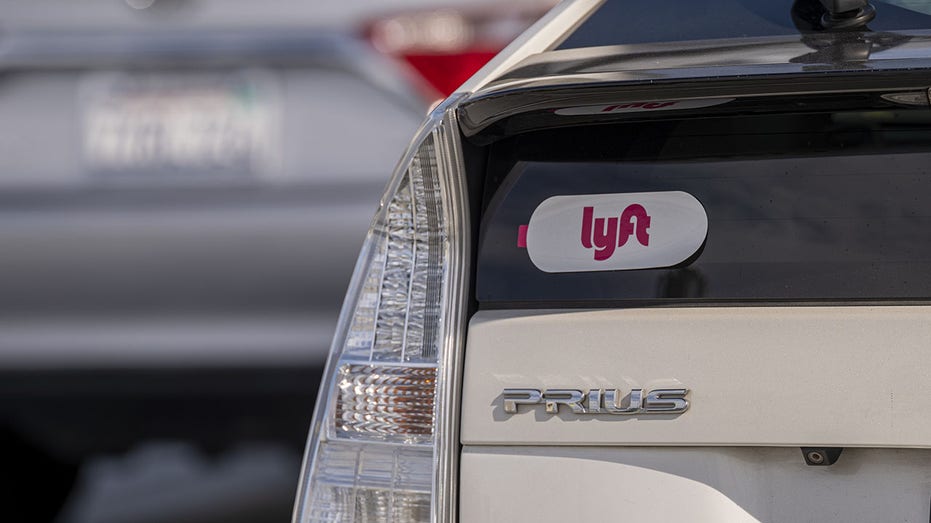Second jobs and high inflation: Risks associated with working a side hustle
41% of US adults reported having a side job in 2022 to bring in extra money
Many employees are turning to side hustles amid the uncertain economic environment to make ends meet. However, some of those side hustles could impede on and threaten an employee's main income source, according to experts.
More than 40% of adults across the U.S. reported having a side job in 2022 in order to get extra income to pay for everyday living expenses, up from 31% during pre-pandemic times, according to a recent Bankrate report.
In some cases, it could also be a chance for employees to pursue a passion of theirs. Still, there are many issues that can arise from taking on another gig.
3 THINGS TO KNOW WHEN FILING TAXES FOR YOUR SIDE HUSTLE
For one, working a side hustle can take up a lot of time and employees can run the risk of letting it spill over into their regular work day, according to Luke Doyle, outreach team lead at NeoMam Studios. They can also run the risk of working into any needed time off, which can lead to a higher chance of burnout.

A photo of a student serving in a cafe on July 20, 2021. (Photo by Frank Rumpenhorst/picture alliance via Getty Images / Getty Images)
"You might find yourself eating into work time and also losing much-needed vacation time, meaning you have no downtime at all," Doyle said. "This could result in you losing both your side hustle and full-time job."
Ultimately, you could "jeopardize your full time job… and that kind of defeats the purpose of having this side hustle," he added.
If employees do take the plunge and take on a side gig, it's important to make sure it doesn't get done on company time or while using company equipment such as a work laptop, cell phone or software program, he added.
WORKERS ARE CHANGING JOBS, RAKING IN BIG RAISES—AND KEEPING INFLATION HIGH
One of the biggest issues, though, is that it can infringe on a company's policy, which could lead to serious, and even legal ramifications.
Misty Marris, co-managing partner at Gordon Rees Scully Mansukhani LLP, said it's vital to know a company's policies before taking on a second gig because "many employees believe that if they do not have an employment contract they don't have any limitations."
That's a huge misconception, Marris told FOX Business.

Lyft signage on a vehicle as it exits the ride-sharing pickup at San Francisco International Airport in San Francisco on Feb. 3, 2022. (David Paul Morris/Bloomberg via Getty Images / Getty Images)
Even at-will employees, which are employees that don't have a specific contract relating to their employment, "are subject to all of their company handbooks and polices," Marris added.
Those employees will still generally sign numerous documents, and it's critical to know what they mean, she added. For instance, there could be a non-compete clause or a non-disclosure agreement preventing certain work.
US ECONOMY ADDS 528,000 JOBS IN JULY, BLOWING PAST EXPECTATIONS
There could be many conflicts of interest as well. Employees could risk endorsing a product that is at odds with their company, or they could be working with a company that has a relationship with their employer, both of which can cause issues down the line.

Barman prepares a glass of Whiskey of Teeling on August 17, 2022 in Dublin, Ireland. (Photo by Stefano Guidi/Getty Images / Getty Images)
Additionally, a lot of side hustles involve social media. If this is the case, employees will have to look at their company's social media policies to understand any social media limitations they may have even when they are off the clock.
However, navigating these policies or understanding what a conflict of interest is can be difficult. When in doubt, it's best to get approval, Marris added.
CLICK HERE TO READ MORE ON FOX BUSINESS
Most companies will have an approval process, especially if they are in the private sector, Marris said. This is especially true now, given the flexible work environment and the rise of the gig economy.
However, laws will vary from state to state "so it’s important to know the rules of the game," she said. This includes contract law, "moonlighting policies," employment law and laws about off-the-clock social media use. Moonlighting refers to a second job in addition to one's regular employment.
"Everybody wants to make more money, everybody wants to make extra cash," she said. "No one can blame you for that. Just make sure you put yourself in a position to succeed on both fronts."
If you don't, you could run the risk of getting fired or being sued. In some cases, employees can even face potential criminal violations when doing personal work on the clock, especially when they are working in the public sector, Marris said.





















